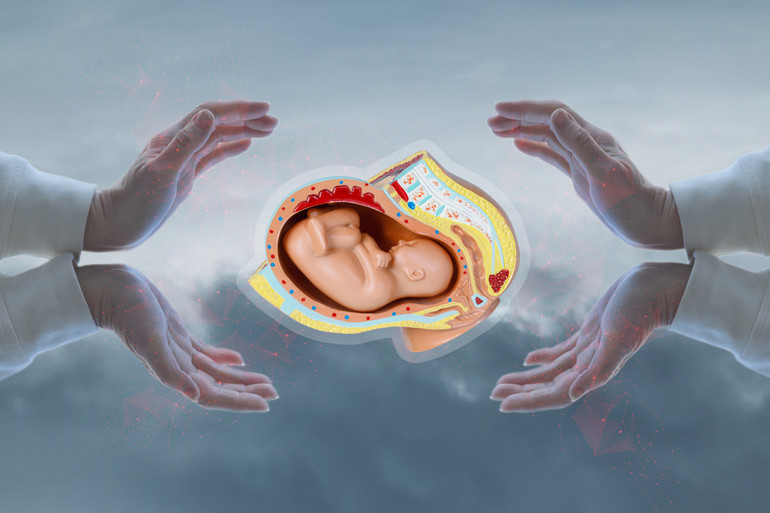In Alabama, the court recognized embryos as human beings: doctors say it has no “scientific basis” – News
[ad_1]
Doctors are outraged by the decision of the Supreme Court of Alabama (USA), which decided to consider frozen embryos conceived through artificial insemination as human beings. Reproducologists assure: this is “unscientific and violates the understanding of reproductive medicine.”
As The Guardian reports, the state’s largest clinics specializing in the treatment of infertility have stopped performing in vitro fertilization.
“We have decided to suspend new IVF procedures at our center (Alabama Fertility), which is devastating to patients and the state.”,” said Mamie McLean, a reproductive medicine specialist at Alabama Fertility, who performed about 700 insemination cycles in 2023.
Doctors say other infertility treatments, such as intrauterine insemination, can still be done, but none are as effective as IVF.
They are dissatisfied with such a decision and emphasize that it shows a lack of understanding of reproductive medicine. Some points, according to experts, have no scientific basis.

For example, judges put forward a false opinion that a child can be “brought to term in an in vitro environment (in a test tube).” This is impossible, because an embryo cannot develop outside the human uterus for more than seven days.
“The judges clearly do not understand what IVF is and what infertile couples suffer from. Shouldn’t they have studied this topic in more detail before making such decisions?”, said Serena Chen, vice president of Doctors for Fertility and a reproductive endocrinologist.
Reproducologists also emphasized that there are still a number of problematic issues. In particular, should frozen embryos be stored forever, given the fact that the service is expensive. Should all embryos be transferred to the patient’s uterus at once? This increases the likelihood of multiple pregnancy, which is risky for both mother and child.
Additionally, failure to conceive can result in a wrongful death lawsuit. Doctors need insurance to cover these risks.
“This is what we get when these decisions are made by people who are not in the medical field and do not understand what they are talking about.” said Jennifer Bakkensen, an endocrinologist and assistant professor of obstetrics and gynecology at Warren.
American College of Obstetricians and Gynecologists (ACOG) legal director and general counsel Molly Meegan suggests that the court ruling could make IVF either prohibitively expensive or out of reach for state residents.
As a reminder, Ukrainians can treat infertility in 12 Ukrainian hospitals.
[ad_2]
Original Source Link











